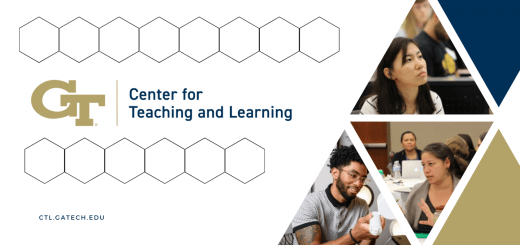From Partnership to Publications (and Awards)
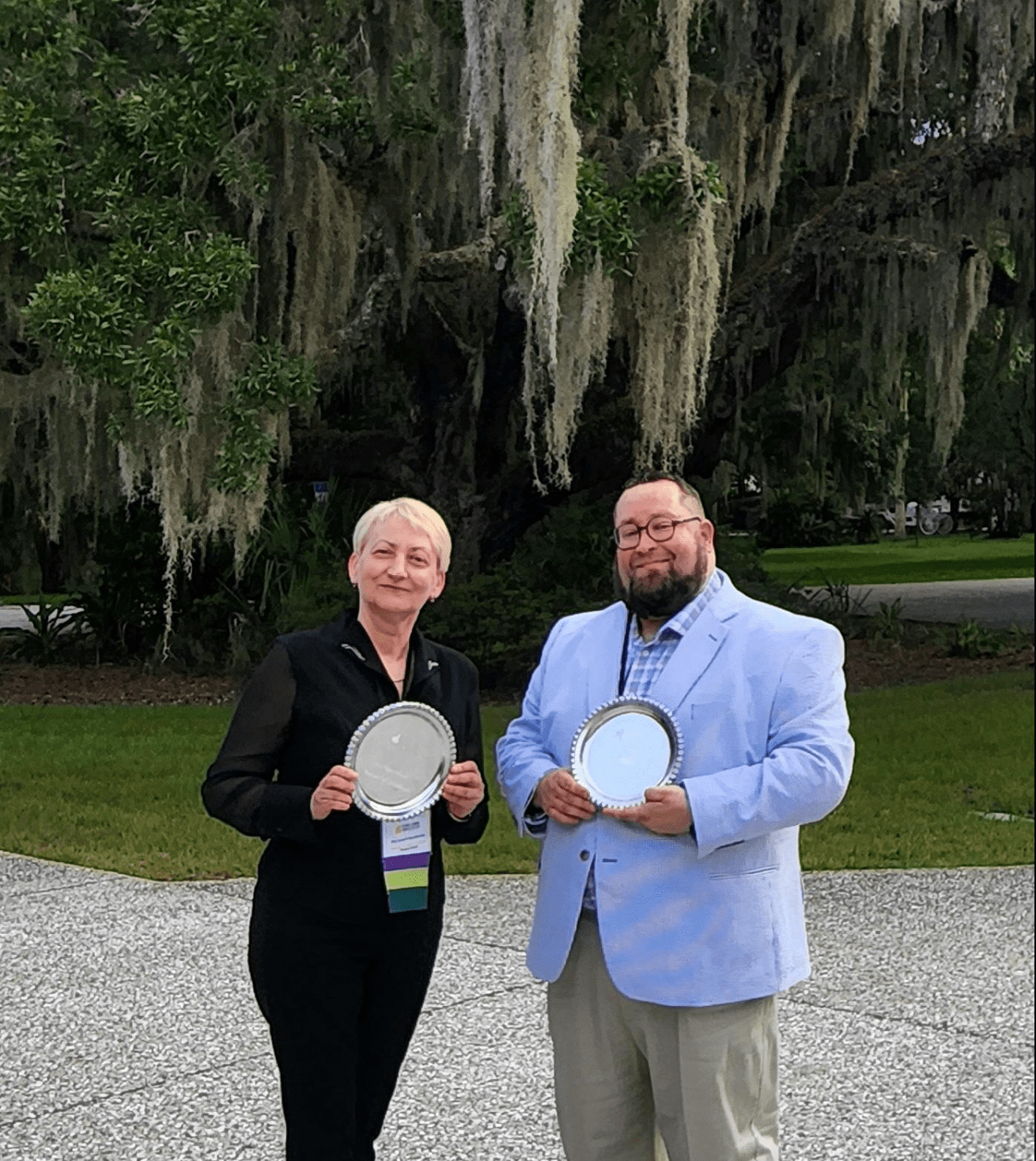
This past July, Dr. Tatiana Rudchenko, Lecturer in Scheller College of Business, and Dr. Vincent Spezzo, Assistant Director of Teaching and Learning Online in the Center for Teaching and Learning (CTL), presented their paper “Interactive Videos: Student Perceptions Before and After the Great Pivot” to an intrigued audience of educational experts, thought leaders, and distinguished faculty at the internationally attended Distance Learning Administration Conference. During the same conference, they received the best paper award for their work and were celebrated alongside other award winners at the opening dinner.
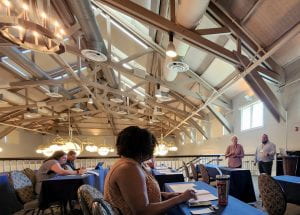
Generating a total of four conference presentations, two publications, two poster presentations, and 1 award for best paper, the pedagogical techniques of online video-based quizzing that Dr. Rudchenko and Dr. Spezzo investigated and refined began as a single Teaching with Technology Partnership project back in Fall of 2018. During that time, Dr. Rudchenko had been researching creating videos for a flipped classroom project but had run into questions around best practices and increasing student motivation to watch the videos. Over time their work on the Partnership Project evolved into a continued research opportunity around the impact the video-quizzing had on student perceptions as well as student usage of the video-quizzing system within the context of the course setting. The research was abruptly interrupted in Spring of 2020 due to the global COVID pandemic, having only completed research during one semester’s worth of courses.
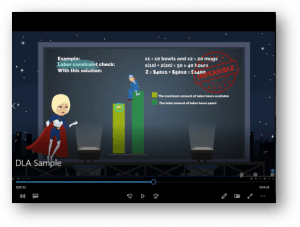
While the interruption was disruptive, it did make a unique situation in which data could be gathered from courses taught after the COVID interruption, and results between courses that were taught before and after the COVID pivot could be compared to see what effects the pandemic had on student perceptions and usages of video quizzing. So, research picked back up in Spring of 2021 with a fully online version of Dr. Rudchenko’s course. By the time of writing their award-winning paper, the courses where the pedagogical technique was implemented and studied included a mixture of instructional modalities as well, so data could be compared against courses taught before and after the pandemic pause as well as those taught fully in-person and those taught fully online. This led to interesting findings that raised further questions which may continue to be investigated in the near future.
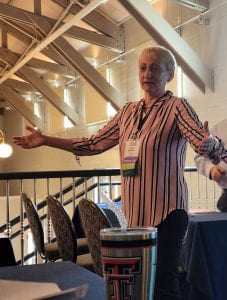 When they started back in 2018, neither Dr. Rudchenko nor Dr. Spezzo could have predicted that the Teaching with Technology Partnership project would continue on into actual research, let alone that it would result in publications, presentations, and awards. Not all partnerships end up this way, some have a simpler focus of trying out and evaluating the impact of a new educational technology, creating new interactive elements for content, or even just helping with designing the online portions of a course. Most partnership projects only last one year and find they have reached all their set goals. However, it is always possible that the stars will align with the project and both the faculty member(s) and CTL representative(s) will be able to take the project much further and create something that spans multiple semesters and ultimately results in publications, presentations, and/or awards.
When they started back in 2018, neither Dr. Rudchenko nor Dr. Spezzo could have predicted that the Teaching with Technology Partnership project would continue on into actual research, let alone that it would result in publications, presentations, and awards. Not all partnerships end up this way, some have a simpler focus of trying out and evaluating the impact of a new educational technology, creating new interactive elements for content, or even just helping with designing the online portions of a course. Most partnership projects only last one year and find they have reached all their set goals. However, it is always possible that the stars will align with the project and both the faculty member(s) and CTL representative(s) will be able to take the project much further and create something that spans multiple semesters and ultimately results in publications, presentations, and/or awards.
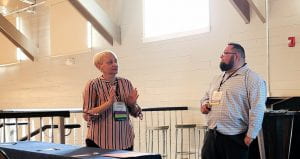
If you are reading this and thinking about your own idea for a Teaching with Technology Partnership project that you would be interested in submitting, we encourage you to do so. We accept new partnership applications every year starting in May and continuing to the beginning of the Fall semester. As of the posting of this blog, we are in our application phase for our 2022-2023 partnership, and the deadline has just been extended to September 9th. Click here to learn more and submit your own application.



